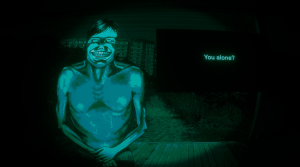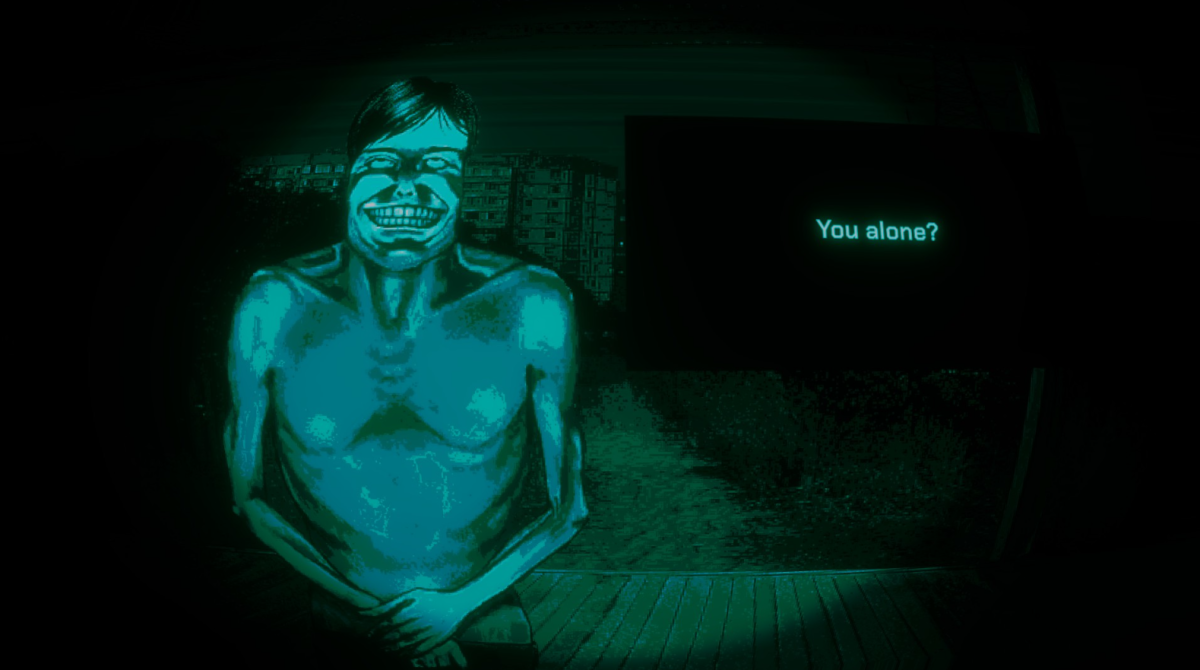Killer Cuts: Veil Of Maya- “[m]Other”
Leaning heavily into other pop/retro influences and artfully melding them into their nuanced approach to metalcore, Veil of Maya sets themselves apart from the rest of their labelmates using their album title as means of exploration.
![Killer Cuts: Veil Of Maya- “[m]Other”](https://codcourier.org/wp-content/uploads/2023/06/Veil-Of-Maya-Mother.png)
June 19, 2023
To kick off the summer metalcore review series, Veil of Maya’s seventh release is an effort that kicks ass! While I had originally wanted to review this album immediately after its release in mid-May, my exploration of the intricate composition and musical explorations pushed those plans back. However, those same characteristics make this album worth the long wait and provide a progressional stepping stone for the band.
“[m]other” by Chicago metalcore quartet, Veil of Maya, was released on May 12, 2023, by Sumerian Records. With their last album “False Idol,” released in 2017, guitarist, Marc Ocubo, commented in an interview with “Metal Sucks” on the extended wait time for another release, stating that most of the album was “scrapped.” The album was ultimately well worth the wait given the intricate musical craft exhibited on the album and the well composed structure of the album.
“Tokyo Chainsaw” is a powerful initial track that kicks the album into an aggressive high gear, exploring birth into a life that is bleak and endowed with suffering. Both the album and track employ a heavy thematic contrast to conventional religion in place of faith in humanity. In extension, the track makes wonderful use of Ocubo’s trademark guitar work; alarm-like intro chords, structured chaos and surprising rhythm guitars. The vocals lead listeners far from the original song structure but are cycled back into the melodic structure. Drums by Sam Applebaum are notably different from previous albums providing a more foundational framework, but leading overall throughout the album, adding to the chaotic structure.
“Artificial Dose” is an introspective track that employs a commendable self-combative nature, rooted in reality and carried out in lyrical and musical material. A war inside my head, meaning the song is about one’s internal struggle. However when the chorus rolls around, vocalist and lyricist, Lukas Magyar, notes how this struggle is materialized in the “hell” we as individuals all endure in the life we are born into. The song’s split, combative nature acknowledges the battle within and is materialized in the perfectly assembled choral transition of the song. The guitars provide a rhythmic riff, chaotically spurting then bleeding converging into a melody that keeps the listener intrigued on every musical count. The perfect blend of unconventional metal and experimental pop.
“Godhead” is the second single off the album, artfully demonstrating everything Ocubo has learned in 20 years of being in the band. Thematically, the track is an exploratory pushback against organized religion through a corporate lens. As a stand-alone, musically the track beautifully captures the aggression and angst of humanity’s struggle with the restraints of conventional religious tenements. Lyrically the track progresses by means of control, calling out individuals who wish to use religion as a means to lead by force, “Pray to your lord/What should he save you for?/Straight to the morgue/It’s not safe anymore.” In the lens of the album, given the previous tracks, the album’s theme is clarified. While life itself may be led in recognition of one deity or another, it is the maternal matriarch that is “[m]other” earth that is implied as the dominating and long-forgotten central deity that should be acknowledged, but always neglected, much like the women of today.
“[re]Connect” is a masterful track that employs every aspect of exploring reality. Using both time and melody symbolically for methods to progress the track, Magyar and Ocubo’s performance on the track cater to one another’s contribution. Ocubo’s picaresque guitar work beautifully initiates the track using a fast-paced micro-melody akin to that of Will Swan, lead guitarist of Dance Gavin Dance. Magyar’s lyrics further depict dystopian dissociation from reality, rivaling the chaos of both Ocubo’s guitar and Applebaum’s guitar work. Magyar’s growls highlight the human struggle between slipping too far into fantasy contrast to recognizing reality: “If I could stay this awake I’d forever sleep/Remain in peace while the rest is pulling away/I keep a note to remind me to question things/Resurrect, reconnect, set me free.” Written in passionate prose, Magyar’s lyrics perfectly sync with Ocubo’s guitar between disorderly blasting riffs and connecting melodies, strengthening the track’s artistic exploration
“Red Fur” is the third single from the track is a departure from the album that personally lacked. Though the track employs all the classic Veil of Maya trademarks, like aggressive lyrical prose, hard-hitting guitar riffs and overly paced drums, the track is a bit underdeveloped. Magyar’s vocals on the track are a bit lackluster and weigh down the instrumentals. Part of the downgrade has to do with Magyar leaning too much into some of the synth-pop bridges and a chorus that sounds unfinished.
“Disco Kill Party” definitely fine-tunes everything “Red Fur” lacked in vocals and is the masterpiece of the album that redefines what melodic, metalcore should sound like. Aside from the brilliant lyrics and compelling nature of the composition, “Disco Kill Party” actually grooves and provides a beat for listeners to have fun with. Using a classic 80s-inspired synth sample, Applebaum’s drums add an overall layer of energy to the song that makes it appealing to non-metal fans. Throw Magyar’s R&B-flavored vocal performance into the mix, and the track is one of the highlights of the album because of the melodic layering.
“[m]Other” is an impactfully profound release marking a change in direction for Veil of Maya. Leaning heavily into other pop/retro influences and artfully melding them into their nuanced approach to metalcore, Veil of Maya sets themselves apart from the rest of their labelmates using their album title as means of exploration. The experimentation allows the album to flourish on their brilliant, seventh release, marking their 20th year as a band. As the band continues their release of conceptual material, “[m]Other” is a catalyst, not as the replacement of the patriarchal deity of god, but as the theological potential of understanding humanity. In contrast to living to a deity, humanity places its faith in itself; therefore catering to the improvement of life, and making it a viable resource to be able to continue to bring new life into it.
4/5


















